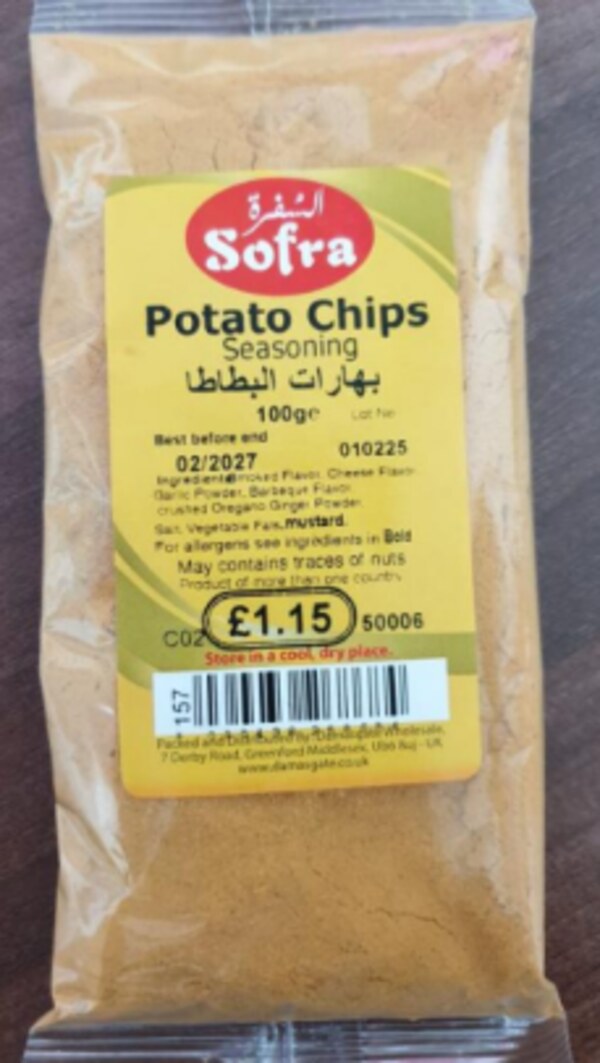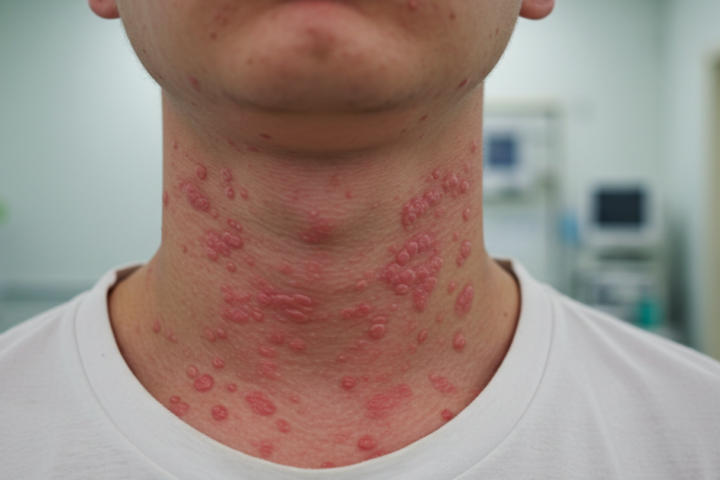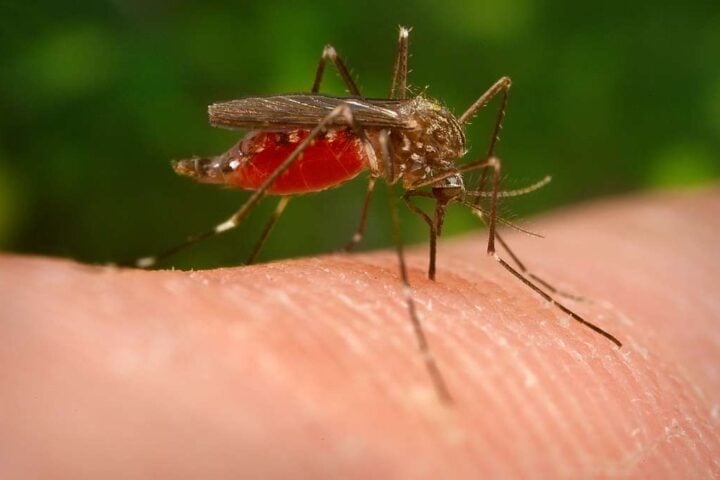Damasgate Wholesale has issued an urgent recall for its Sofra Potato Chips Seasoning due to a serious safety concern. The 100g packs contain peanuts that aren’t listed on the label, creating a potentially life-threatening situation for people with peanut allergies.
The Food Standards Agency (FSA) has classified this as a “do not eat” warning, affecting all lot numbers and best before dates of the product. This follows a previous recall of Sofra Garlic Powder, which was also recalled due to undeclared peanuts.
“This product contains peanuts making it a possible health risk for anyone with an allergy to peanuts,” states the official FSA alert issued on April 23, 2025.
People with peanut allergies face serious risks from consuming undeclared allergens. Reactions can range from mild symptoms like hives and itching to severe, life-threatening anaphylaxis, which can cause breathing difficulties, drops in blood pressure, and loss of consciousness.
Similar posts
Peanut allergies affect approximately 1 in 50 children and 1 in 200 adults in the UK, making accurate food labeling critically important. The growing prevalence of such allergies has led to stricter regulations requiring clear identification of common allergens on food packaging.
Consumers who have purchased the seasoning are instructed not to consume it if they have a peanut allergy. Instead, they should return it to the store where it was bought for a full refund. For additional information, Damasgate Wholesale can be contacted at 0208 575 8800 or via email at [email protected].
Damasgate Wholesale supplies Mediterranean food products to businesses across Europe, including foodservice operators, independent ethnic retailers and supermarkets.
As part of standard recall procedures, Damasgate has issued point-of-sale notices explaining the recall to customers and has been advised to contact relevant allergy support organizations to inform their members about the recall.

The FSA routinely issues allergy alerts when foods must be withdrawn or recalled due to missing or incorrect allergen labeling. These measures aim to protect consumers from potentially serious health consequences of accidental allergen exposure.


















